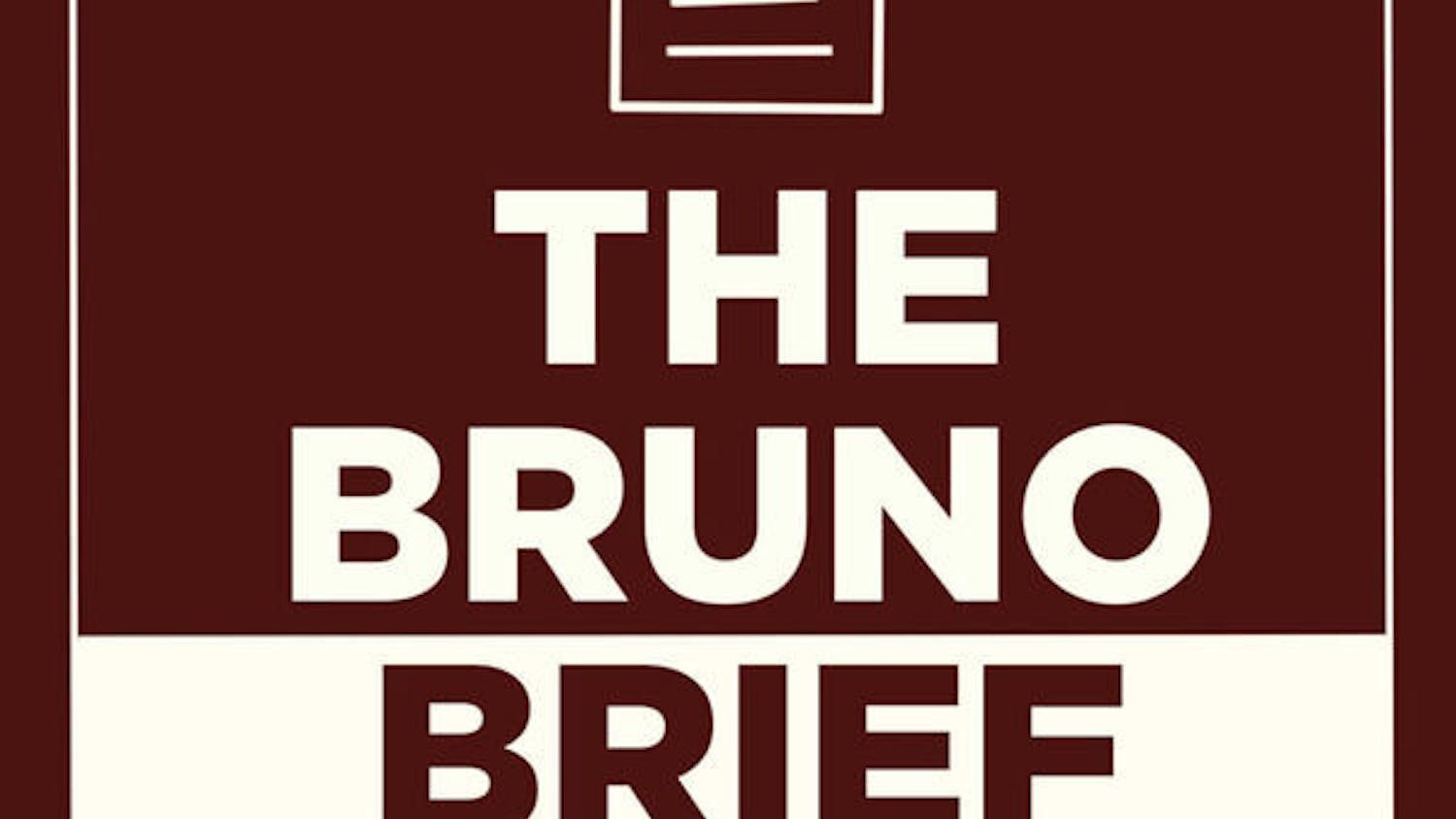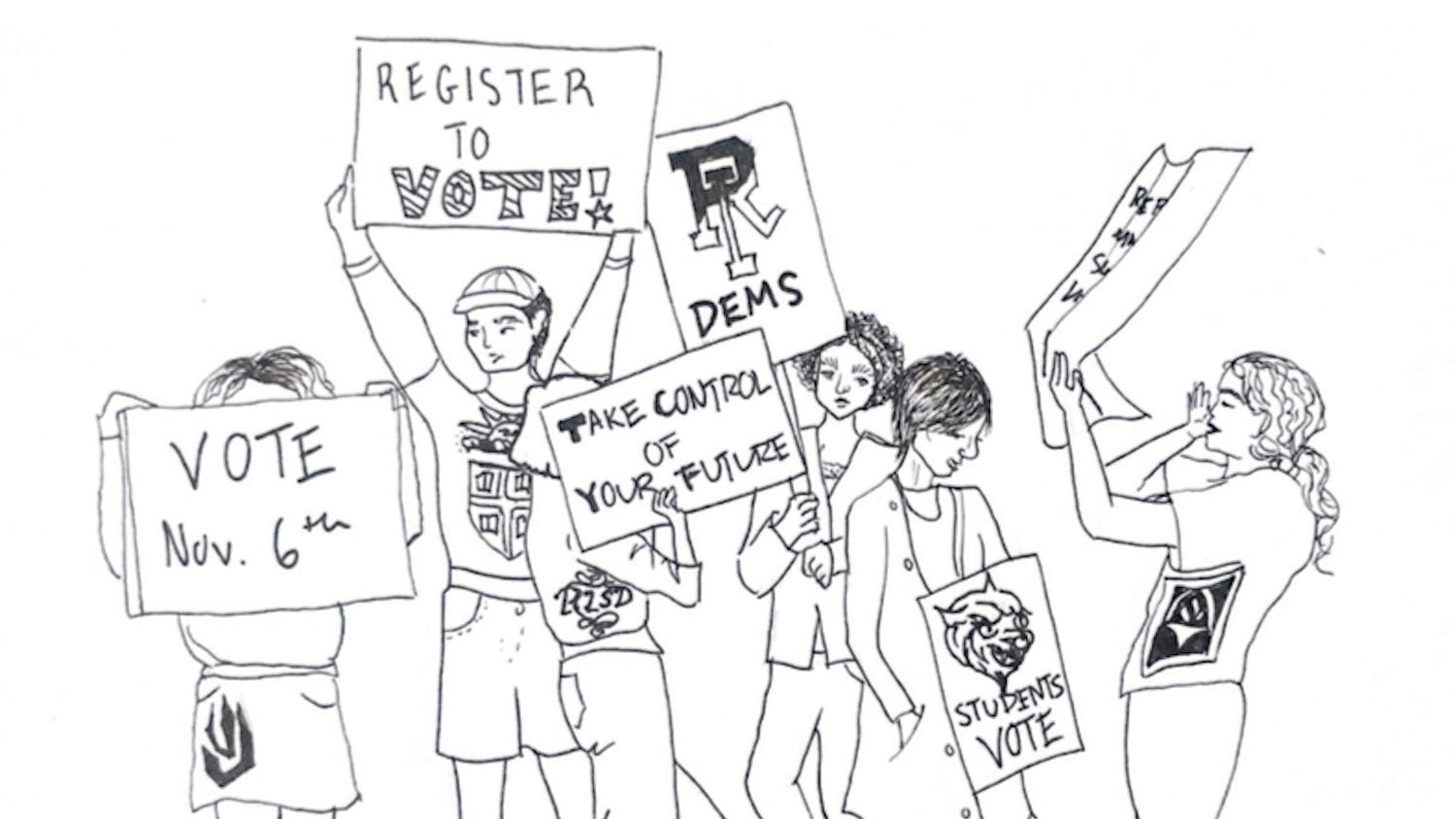A freshman at Princeton is suing the university for allegedly denying her appropriate accommodations for her learning disabilities, the Daily Princetonian reported last week.
Although the student, Diane Metcalf-Leggette, contended that taking midterm exams without the extended time she is seeking in her lawsuit would be irreversibly harmful, a United States district judge refused to grant Metcalf-Leggette the preliminary injunction that would allow her to take her midterms with extended time.
Currently, because of Metcalf-Leggette's multiple learning disabilities, Princeton allows her to take exams in a less distracting testing environment with short breaks every hour and limits the numbers of exams she can take to a maximum of one per day, the Daily Princetonian reported.
Metcalf-Leggette said though she provided Princeton with an official recommendation from a mental health professional that she be granted additional time for all testing, she has been denied that accommodation, the Daily Princetonian reported. The current director of the Office of Disability Services has allegedly told the student that it is no longer university policy to award extended time on exams as a means of compensating for learning disabilities.
According to the Daily Princetonian, Hannah Ross, an attorney for the university, wrote in a letter to Metcalf-Leggette's attorneys that she believes the lawsuit will most likely fail, as it is an "academic judgment" — so she expects Princeton to "receive significant deference from any court."
Fifty-eight schools now charge more than $50,000
This year there are 58 colleges and universities charging a total of $50,000 or more, according to a recent analysis of College Board data by the Chronicle of Higher Education.
This number represents a huge increase from last year, when only five schools' total costs topped the $50,000 mark. Sarah Lawrence College — where tuition, fees, room and board reached $55,788 this year — topped the list, followed by Landmark College, Georgetown University, New York University and George Washington University. Brown was not among the 58 schools, with tuition and fees for this academic year totalling $48,128, according to the University.
The Chronicle article also reported that according to the College Board, tuition, fees, room and board at private nonprofit four-year institutions increased 4.3 percent this year, to an average of $35,636.
While the article noted that at many of these schools, sizable financial aid packages mean that few students actually pay sticker price, it quoted some members of the higher education community who expressed concern that this increase in tuition represents a trend that may ultimately leave middle-class families priced out.
"We are heading for a precipice and likely to get there sooner rather than later," Bill Conley, dean of enrollment and academic services at Johns Hopkins University, told the Chronicle. "It's not far away."




